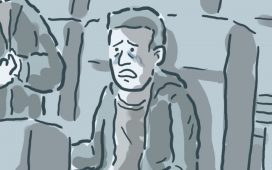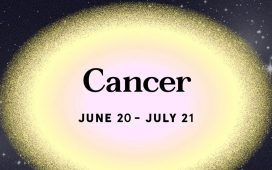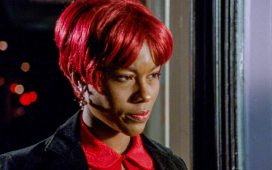Listen and subscribe: Apple | Spotify | Google | Wherever You Listen
Sign up to receive our weekly newsletter of the best New Yorker podcasts.
On the Netflix reality-TV dating show “Love Is Blind,” contestants are alone in windowless, octagonal pods with no access to their phones or the Internet. They talk to each other through the walls. There’s intrigue, romance, heartbreak, and, in some cases, sight-unseen engagements. According to several lawsuits, there’s also lack of sleep, lack of food and water, twenty-hour work days, and alleged physical and emotional abuse. The New Yorker staff writer Emily Nussbaum has been reporting on what these lawsuits reveal about the culture on the set of “Love Is Blind,” and a push for a new union to give reality-TV stars employee protections and rights. “The people who are on reality shows are a vulnerable class of people who are mistreated by the industry in ways that are made invisible to people, including to fans who love the shows,” Nussbaum tells David Remnick. Nussbaum’s forthcoming book is “Cue the Sun! The Invention of Reality TV.” Also, the actor, comic, and writer Ilana Glazer talks with The New Yorker’s Naomi Fry about “Babes,” a movie about the realities of pregnancy, becoming a mom, and how these transitions intensify and challenge friendship.
“Love Is Blind,” and Allegedly Toxic
Lawsuits and the labor movement come to reality TV, by way of the Netflix hit.
Ilana Glazer on Motherhood and Friendship, On- and Offscreen
Glazer’s new movie, “Babes,” delves into the absurd, paradoxical, graphic realities of pregnancy and parenthood.
The New Yorker Radio Hour is a co-production of WNYC Studios and The New Yorker.








